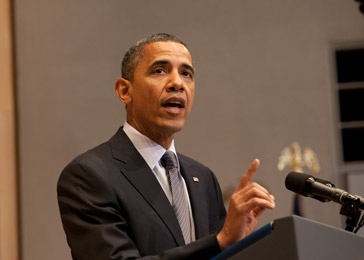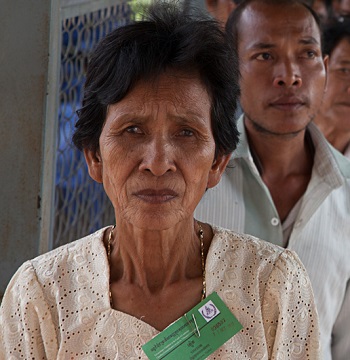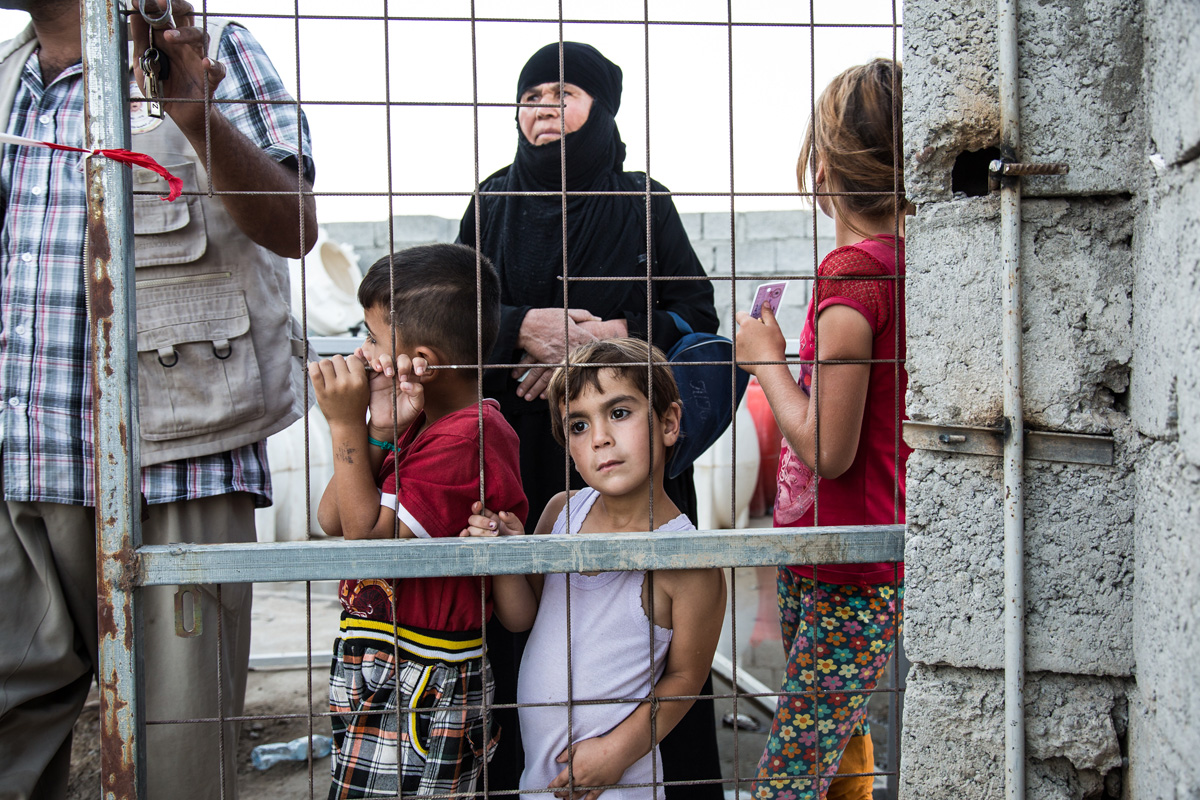-

Rising Risk of State-Led Mass Killing in China’s Xinjiang Region
September 15, 2014
Xinjiang is China's westernmost region, far removed from Beijing and officially known as the Xinjiang Uyghur Autonomous Region (XUAR). Most residents of the XUAR are Uyghurs, who are Turkic, speak their own language, and are largely Muslim. While the region has periodically been under Chinese rule for centuries, the people are culturally more similar to their Central Asian neighbors. Separatist activity and ethnic tension is not uncommon, but historically there have only been a few incidents of mass violence.
-

Assessing the US Government’s Efforts to Prevent Genocide and Mass Atrocity
September 15, 2014
In a new report, CPG Fellow James P. Finkel assesses the advances in atrocity prevention policy under the Obama administration and the challenges that persist.
-

Will state-led mass killing occur in Yemen?
September 12, 2014
We recently asked our Expert Opinion Pool, "Before 1 January 2015, will an episode of state-led mass killing occur in Yemen?"
-

Moving the Needle on Prevention Through Improved Early Warning
August 28, 2014
Yesterday, the U.N. Security Council adopted Resolution 2717 (2014), ostensibly committing itself "to better utilizing all tools of the United Nations system to ensure that warning signs of impending bloodshed [are] translated into 'concrete preventative action.'" Among many phrases and clauses, that resolution included the following:
-

Exploring the Causes of State-Led Mass Killing in Egypt
August 26, 2014
A few days ago, the Monkey Cage Blog ran a guest post by sociologist Amy Austin Holmes that wrestled with the question of why Egyptian security forces perpetrated a massacre in broad daylight at Rabaa a year ago. The Rabaa massacre is just one part of a larger episode of state-led mass killing that began in Egypt after the 2013 coup and continues today. As Holmes describes,
-

Atrocities Early Warning Q&A: Ben Goldsmith
August 15, 2014
Ben Goldsmith is an associate professor of political science at the University of Sydney who studies international conflict, international public opinion, and U.S. foreign policy. In 2010, Ben began work on forecasting genocide and politicide. I first met him that year, in New Orleans at the annual meeting of the International Studies Association. We talked over lunch about statistical forecasting of rare and calamitous political events and have stayed in touch ever since. It's been great to see his project develop, and I'm glad to be able to spotlight it here.
-

Confirmation of State-Led Mass Killing in Egypt and South Sudan
August 13, 2014
Two recent reports released by Human Rights Watch offer further confirmation of episodes of state-led mass killing in Egypt and South Sudan, beginning in 2013. In our 2013 risk assessments, South Sudan and Egypt were ranked 4th and 6th, respectively, as countries most likely to experience state-led mass killing.
-

Atrocities Early Warning Q&A: Christopher Tuckwood
August 7, 2014
One of the first things I did as part of my work on the Early Warning Project was to scan the field and see who else around the world was doing what to assess risks of mass atrocities. That research led me to the Sentinel Project and its executive director, Christopher Tuckwood, whose work I continue to follow and admire. I recently emailed a few questions to Chris; here are his replies.
-

Never Too Late for Justice
August 7, 2014
In a highly anticipated ruling, two former Khmer Rouge leaders have been found guilty of crimes against humanity and sentenced to life imprisonment by the tribunal established in Cambodia to try those most responsible for the atrocities committed by the Khmer Rouge betweeen 1975 and 1979.
-

Why We Assess Risks of Mass Killing Rather Than Genocide
August 5, 2014
The Early Warning Project does not try to assess risks of genocide. Instead, we assess risks of mass killing—a closely related but broader concept that covers all of the violent episodes that most observers would consider to be genocides, along with many others in which large numbers of civilians were deliberately killed.


